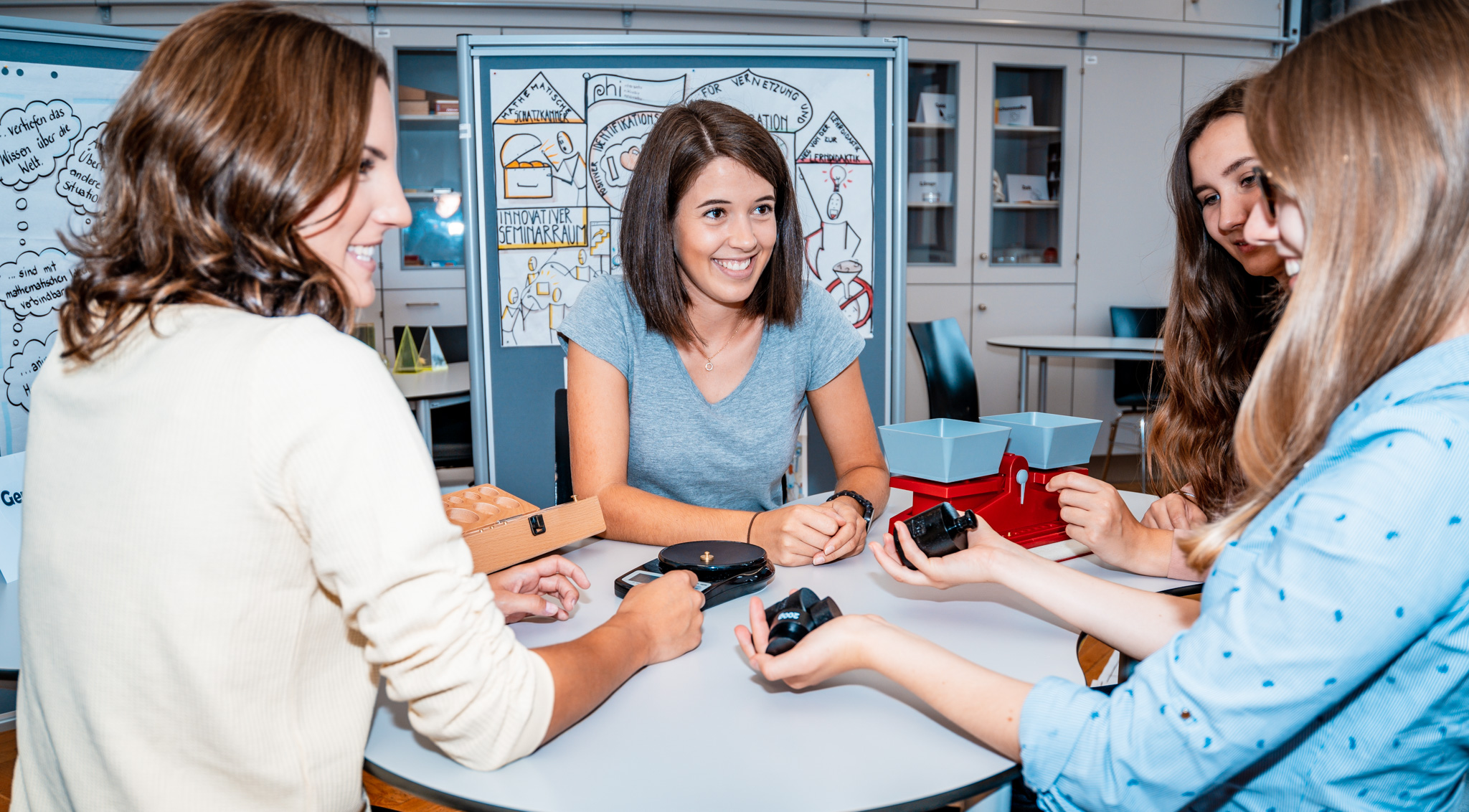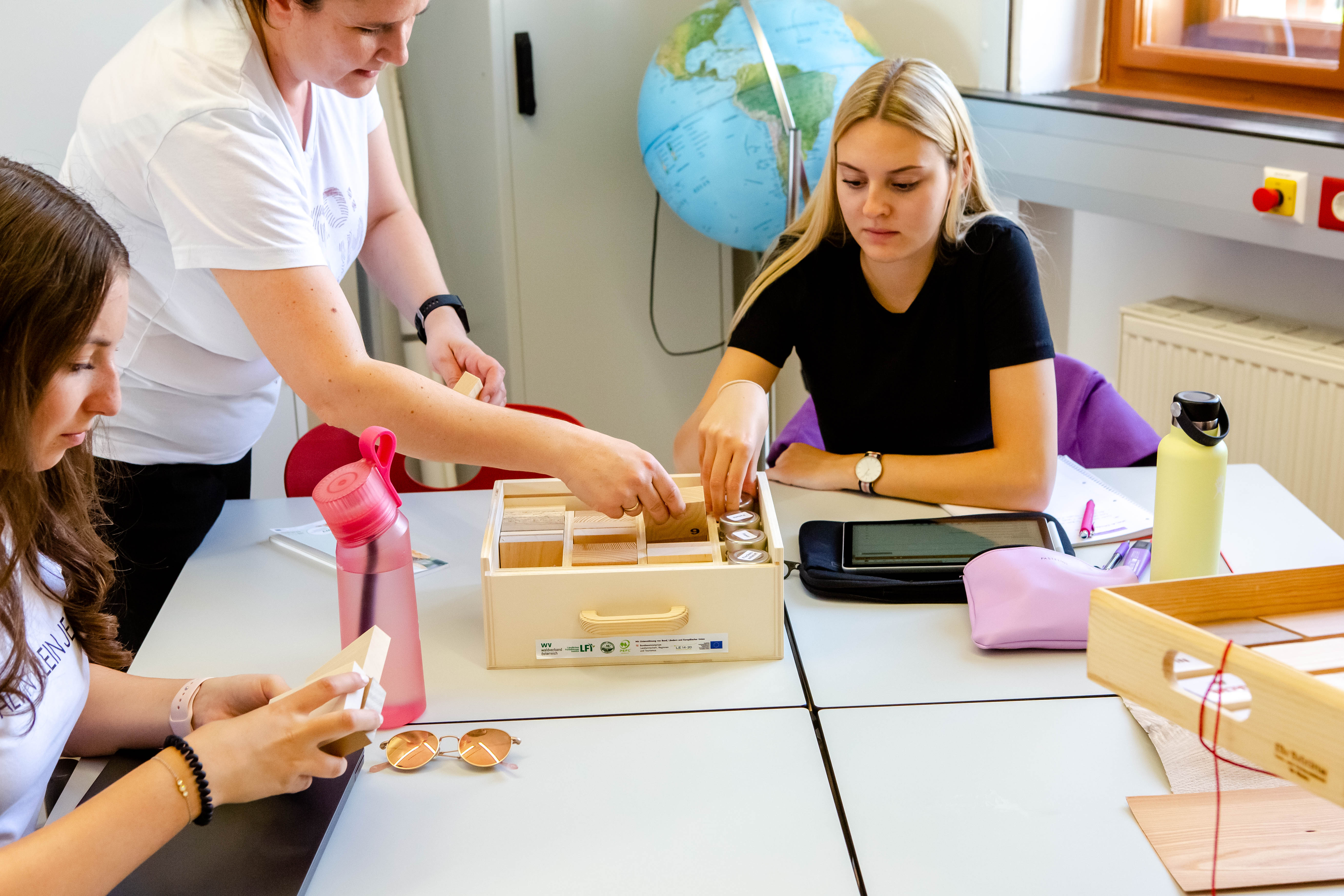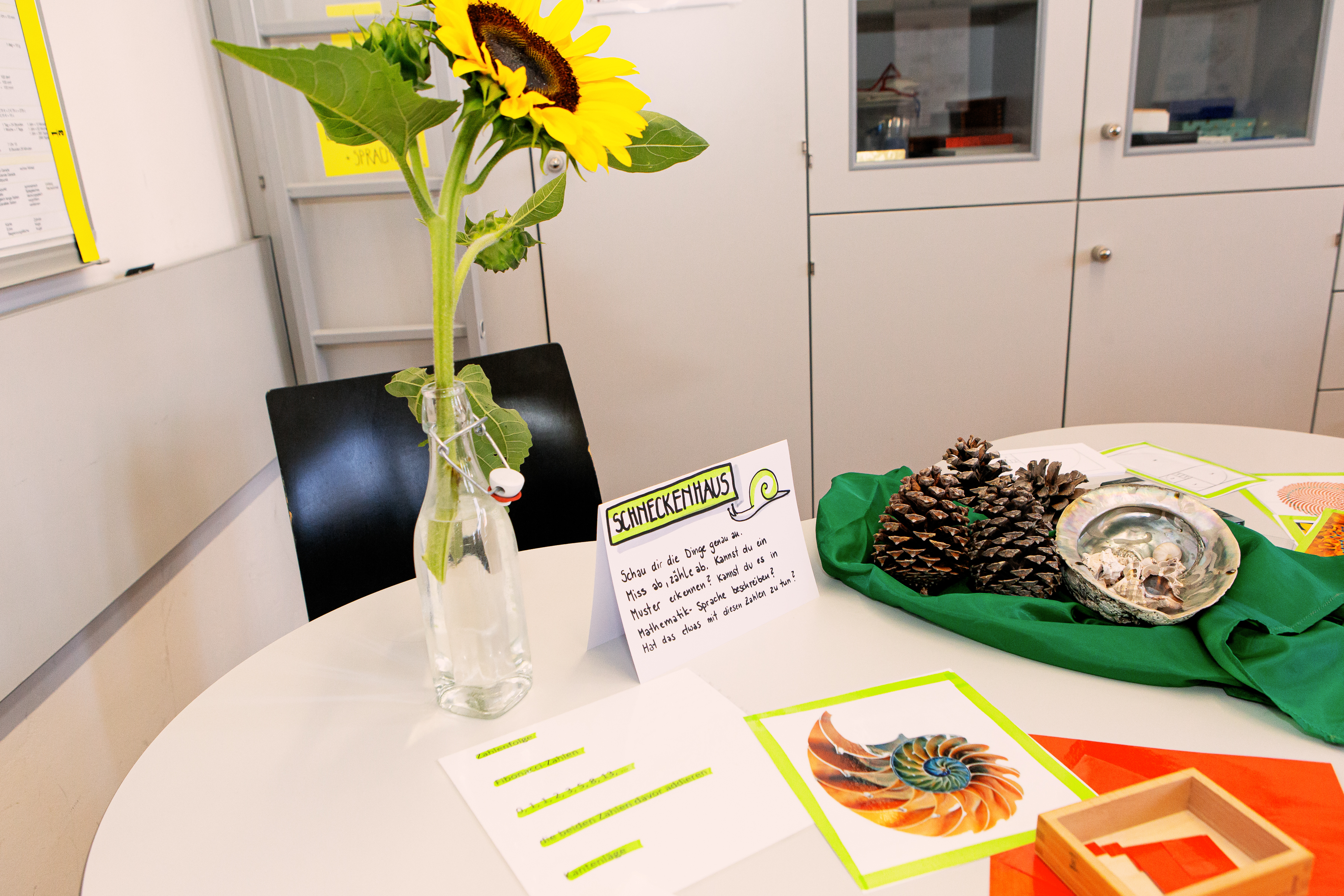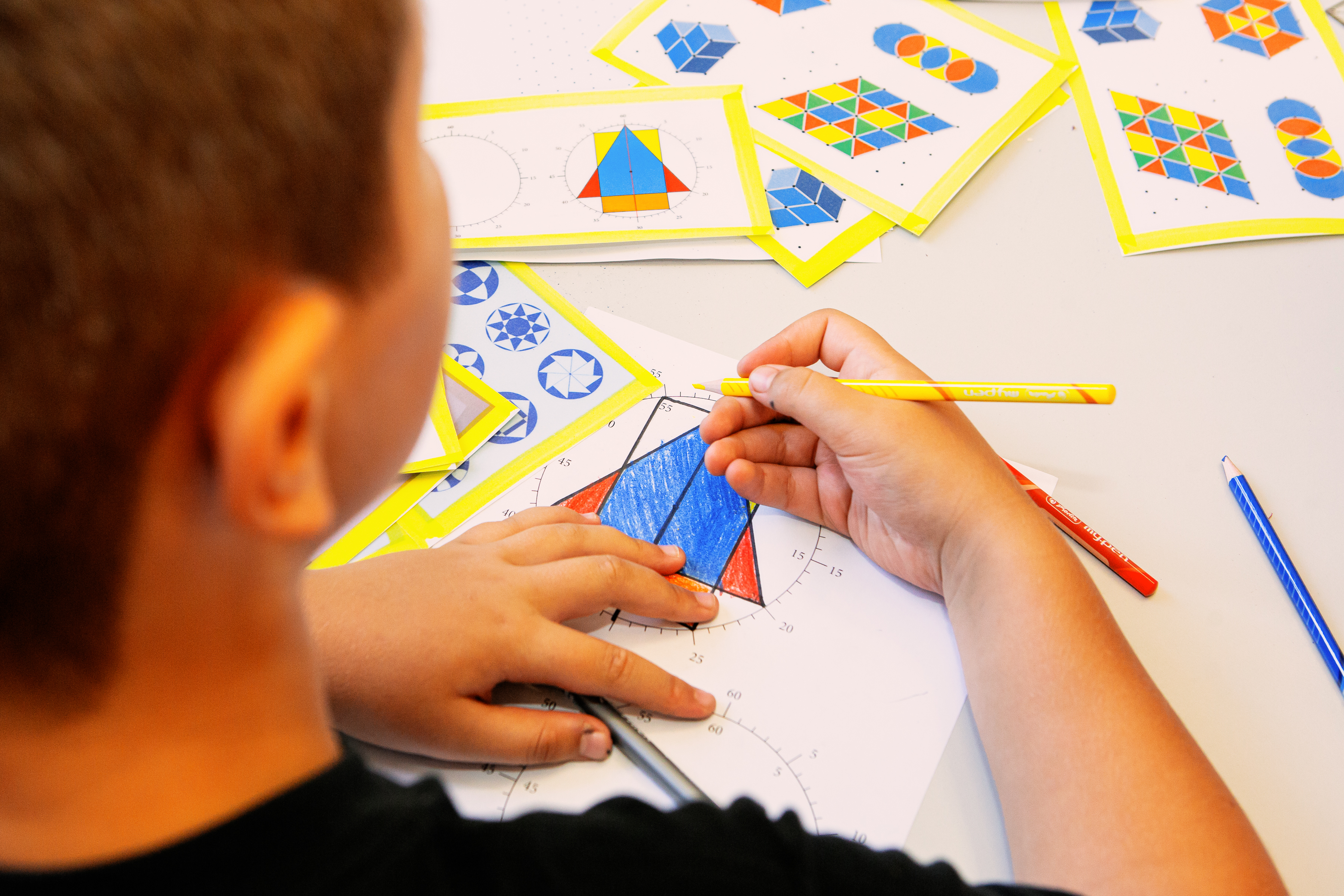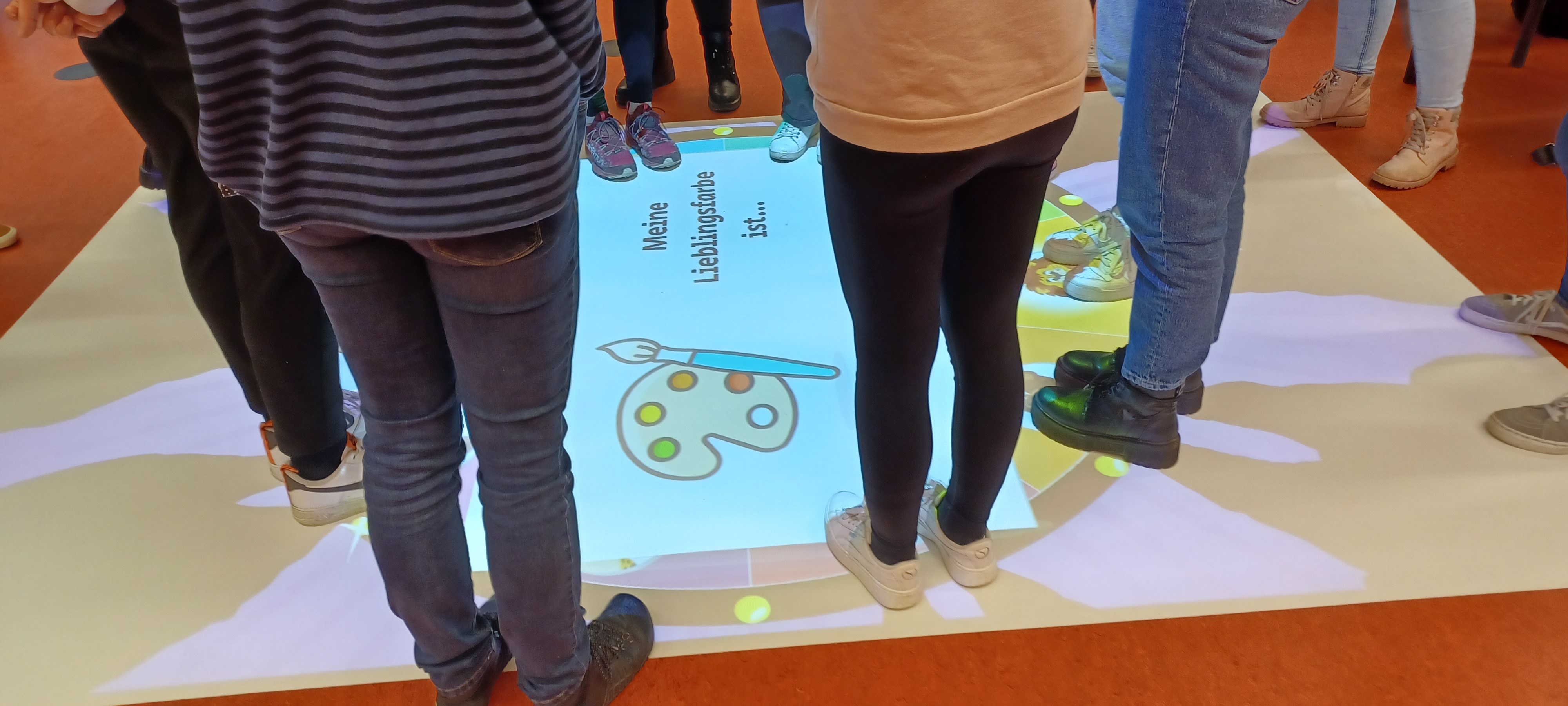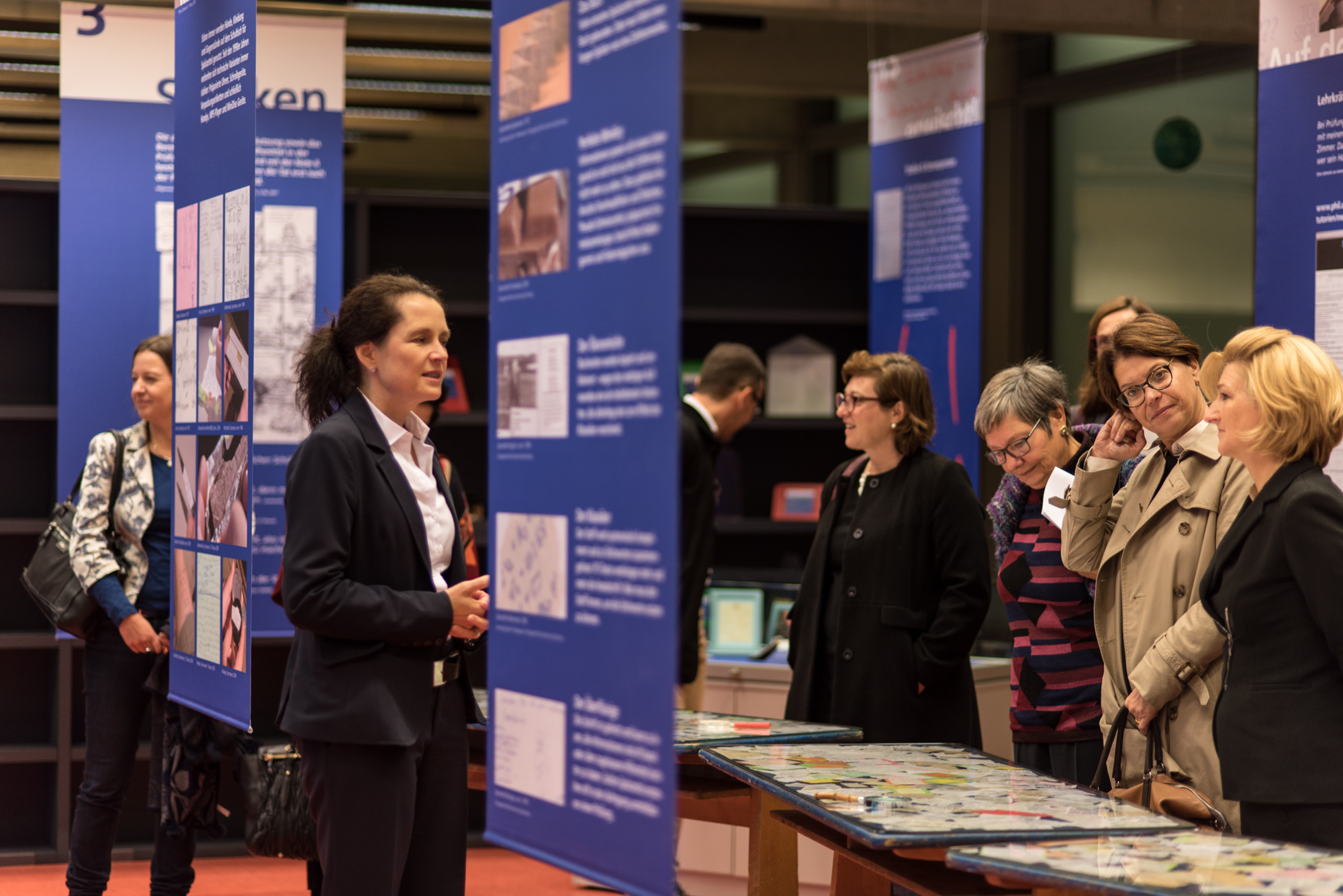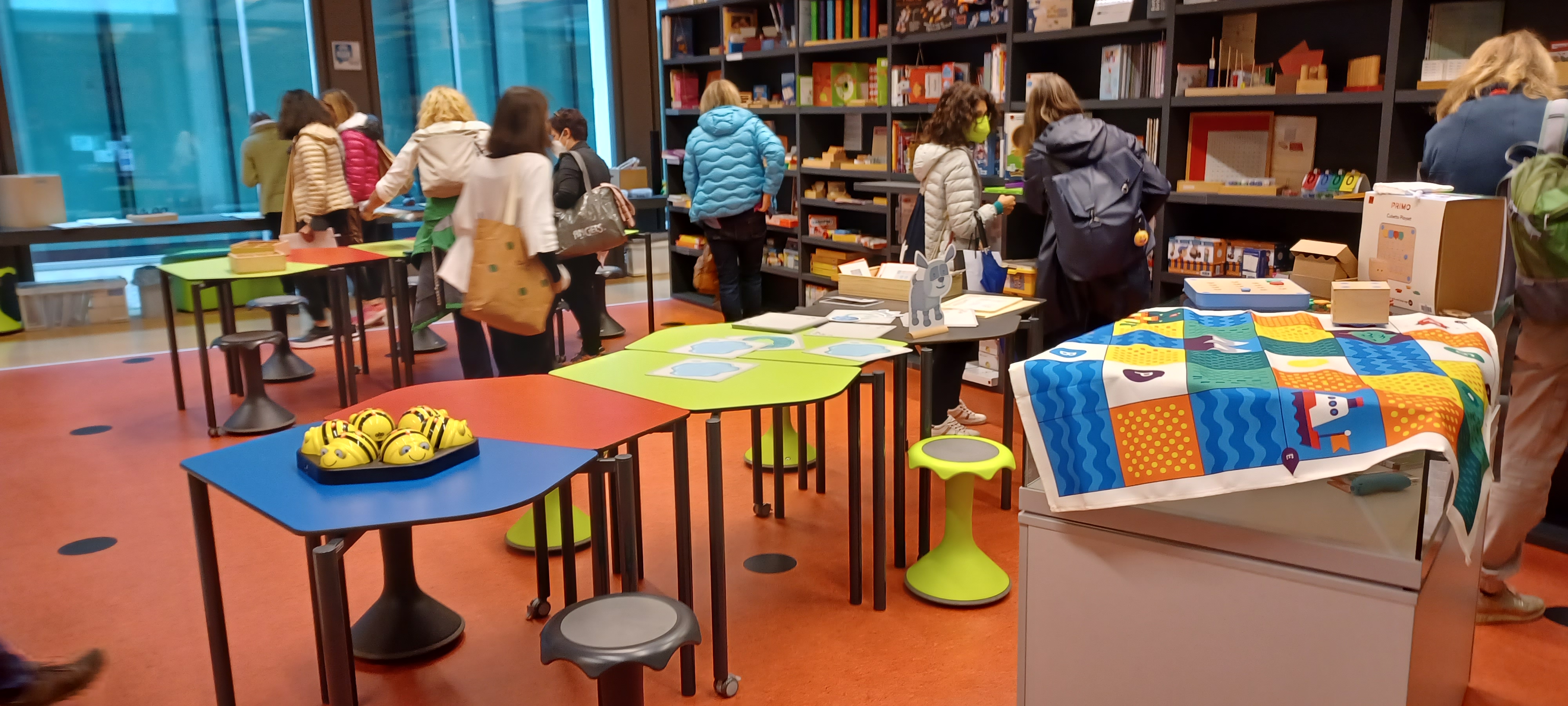- Start
- NeHle e.V.
- Hochschullernwerkstätten
- Tagungen
- Übersicht
- 2026 - Aufbruch
- 2025 - Halle
- 2024 - Graz
- 2023 - Trier
- 2022 - Frankfurt (digital)
- 2021 - Saarbrücken (digital)
- 2020 - Wien
- 2019 - Brixen
- 2018 - Erfurt
- 2017 - Bremen
- 2016 - Saarbrücken
- 2015 - Osnabrück
- 2014 - Berlin
- 2013 - Solothurn/Brugg
- 2012 - Siegen
- 2011 - Kassel
- 2010 - Linz
- 2009 - Halle
- 2008 - Berlin
- Literatur
- Kontakt
Professionalisation
The aim of work in "Hochschullernwerkstätten" is to professionalise future educators. Among other things, it prepares them for the organisation of teaching and learning processes, such as the creation of learning environments and the transfer of knowledge, as well as for the reflection on these interactions. When organising teaching and learning processes, the assumption is that there is a ‘problem of difference between intention and outcome’ (Combe & Kolbe 2008, 857) and associated uncertainties. On the one hand, it is a matter of reconstructing practice (‘external cases’ or even one's own practice) without the burden of action and coping with difficult or even frustrating experiences of reflection. On the other hand, it is about performing ‘the impossible task’ (Helsper 2004, 49) of relationship work in unpredictable and complex practice with self-confidence and optimism, which includes dealing autonomously and reflexively with irresolvable antinomies. "Hochschullernwerkstätten" offer students a safe and protected space for guided self-awareness experiences in educational trial activities and for reflection on these experiences. Professionalisation involves dealing with roles and role changes (cf. Peschel & Kihm 2020, 306f.). This examination encompasses the following aspects:
- trying out and becoming aware of various specific roles,
- reconstructing one's own understanding of roles,
- reflecting on learned role patterns,
- reflecting on role changes,
- dealing with role conflicts.
Role considerations, changes and conflicts should be addressed in a situation-specific manner in order to gain an awareness of the diversity of one's own options for action within the framework of the roles and situations mentioned.
Lead author: Dietlinde Rumpf
© 2024 lernwerkstatt.info | Impressum | Datenschutzerklärung |



